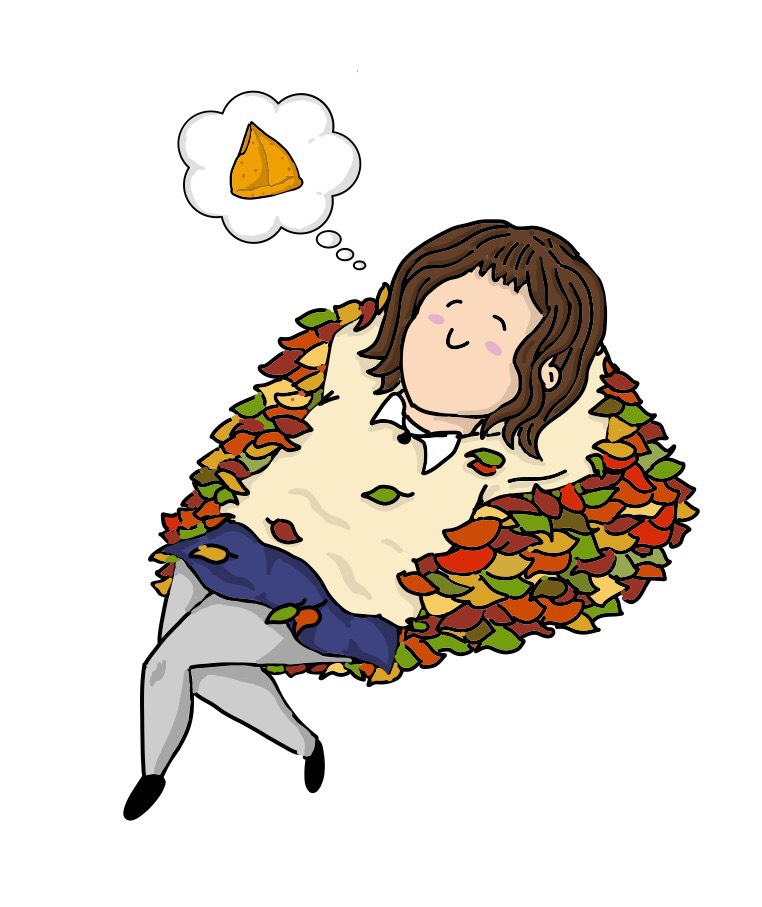In the years following the Students’ Society of McGill University (SSMU) Legislative Council’s November 2015 motion in support of a Fall Reading Week, McGill students are still pushing for its implementation. According to SSMU Vice-President (VP) External Connor Spencer, the administration abandoned the concept shortly after the proposal, citing the university’s rigorous curriculum and leaving the student body without answers or an outcome.
“Often the response the administration gives is that because we are a research-intensive school, we can't afford to take time off and still keep the challenging level of our studies,” Spencer said. “But many of the U15 [Canada’s 15 research-intensive universities] schools have been able to implement a Fall Reading Week in the last few years.”
SSMU VP University Affairs (UA) Isabelle Oke has worked with the McGill Senate on this project, and considers the implementation of a Fall Reading Week a top priority.
“The deadlock that we find ourselves at is based on the fact that some concessions will have to be made in response to scheduling constraints, [like] holidays, exam schedules, and the presence of Labour Day at the beginning of the year,” Oke said.
According to Deputy Provost (Student Life and Learning) Ollivier Dyens, in 2015, then registrar Kathleen Massey addressed whether or not the university could implement a Fall Reading Week. Massey created a survey, formed an ad hoc committee, and consulted with several students, staff, and faculty members regarding a potential break.
One option these parties discussed was adding two or three days to the break Canadian Thanksgiving weekend. However, this would require beginning the semester before Labour Day, thus forcing students living off-campus to sign leases starting in August, and pay an extra month of rent. It would also reduce the number of days between the end of classes and the start of final exams. Another option would be to shorten the holiday break, which is already shorter than that of many other North American universities.
“Having a more dense exam period would mean much more stress on all students,” Dyens said. “While I really pushed for this at first, I also realized through the process that the correlation between a Fall break and better mental health is not that clear in the literature. And I really did not want to create more stress during the exam period.”
Idil Uner, U3 Arts and floor fellow for La Citadelle residence, believes that there is a lot at stake for first-years transitioning to university in the debate over whether to implement a Fall Reading Week.
“As a floor fellow, I see the benefits of having a Fall Reading Week even more,” Uner said. “First-years are not used to having no breaks and studying for weeks on end [….] First year is an overwhelming period and it is unfair of McGill to expect students to navigate it easily without some sort of off time.”







